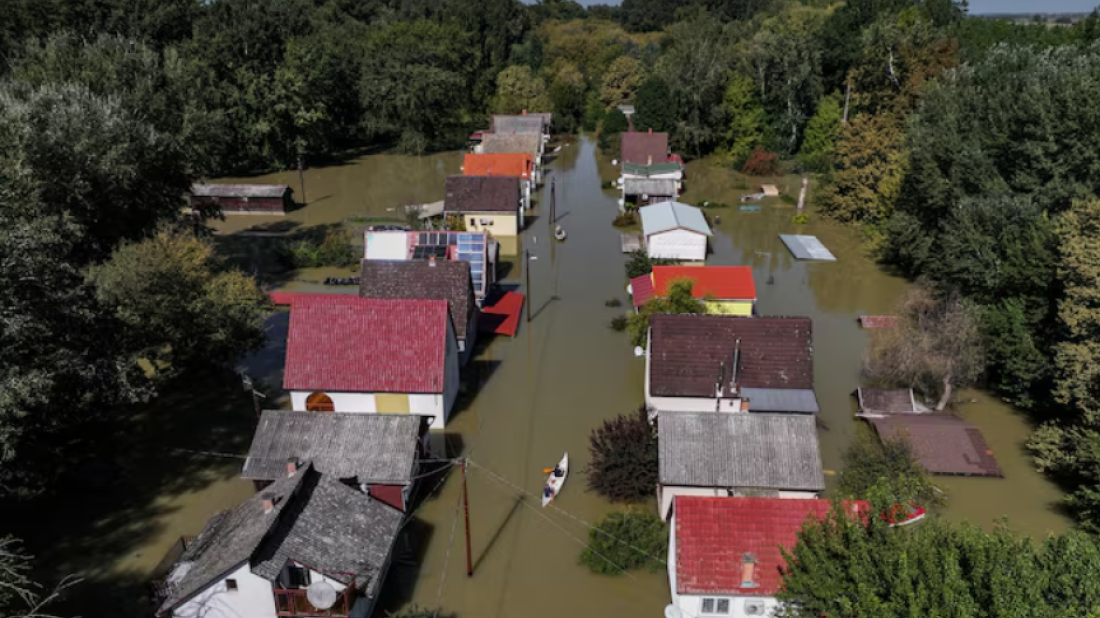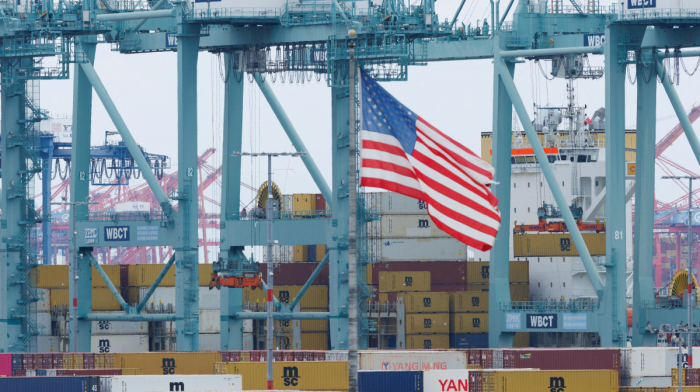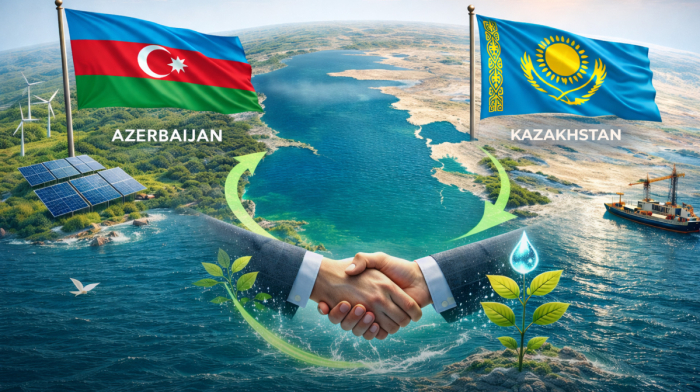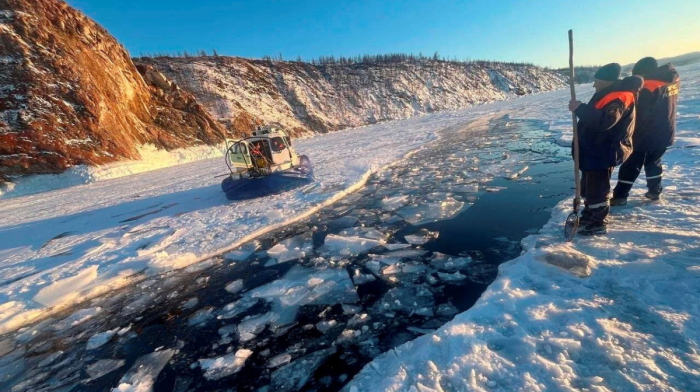Europe experienced its most extensive flooding since 2013 last year, with 30% of the continent’s river network impacted by severe floods, according to a joint report by the Copernicus Climate Change Service and the World Meteorological Organization.
Flooding killed at least 335 people in Europe in 2024 and affected more than 410,000, the European Union's Copernicus Climate Change Service and the World Meteorological Organization said in a joint report on Europe's climate.
Western Europe was hit hardest, with 2024 ranking among the region's ten wettest years in records going back to 1950. Storms and flooding are Europe's costliest weather extremes, last year causing damage exceeding 18 billion euros.
Globally, 2024 was the world's warmest year since records began, as well as the warmest for Europe - the planet's fastest-warming continent. The planet is now around 1.3 degrees Celsius warmer than in pre-industrial times, mainly due to human-caused climate change.
"Every additional fraction of a degree of temperature rise matters because it accentuates the risks to our lives, to economies and to the planet," said WMO Secretary-General Celeste Saulo.
The report noted bright spots, including that renewable energy sources produced a record-high 45% of Europe's energy in 2024, while most European cities have plans in place to better adapt to climate change.
But weather extremes were recorded across the continent. Southeastern Europe had its longest heat wave on record, totalling 13 days, while Scandinavia's glaciers shrank at the highest rates on record, and heat stress increased across the continent.
Much of Eastern Europe was hit by lack of rain and drought, while floods ravaged western Europe.
Nearly a third of Europe's overall river network exceeded a "high" flood threshold, while 12% breached "severe" flood levels in 2024.
Devastating floods in Valencia in late October accounted for most of the lives lost and economic damage caused in Europe by floods, with 232 people killed in the disaster. Storm Boris in September dumped the heaviest rain ever recorded in Central Europe onto countries, including Austria, Czechia, Germany and Slovakia.
Scientists have confirmed climate change has made such downpours more likely, because a hotter atmosphere can hold more water, leading to intense rain. Atmospheric water vapour reached a record high in 2024.
Other factors that influence flooding include river management and urban planning that determines whether homes and infrastructure are built in flood-prone areas.

















What is your opinion on this topic?
Leave the first comment